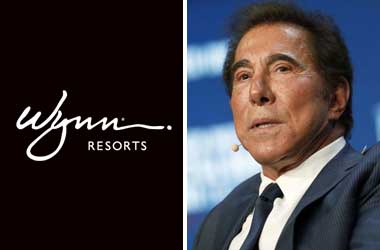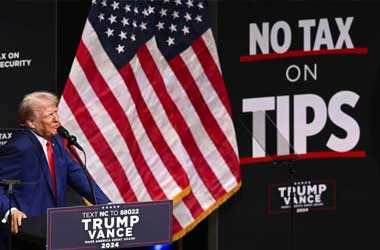 Sports betting has grown significantly in the last 8 months in the United States after the Supreme Court repealed PASPA 1992 and allowed each state the opportunity to pass a sports betting bill and provided regulated sports betting.
Sports betting has grown significantly in the last 8 months in the United States after the Supreme Court repealed PASPA 1992 and allowed each state the opportunity to pass a sports betting bill and provided regulated sports betting.
So far eight states have legalized sports betting and there are close to 10 more holding discussions.
While sports betting continues to grow at a rapid pace, major professional sports leagues are being left behind. The MLB, NBA, MLB, NFL and NHL have long been fighting against sports betting. However, they decided to change their stance when the Supreme Court ruled that other states beyond Nevada could offer legalized sports betting.
Sports leagues around the country quickly changed their stance from opposing sports betting to looking for ways to get a piece of this lucrative betting market.
Different Approaches For A Percentage Cut
Sports betting leagues initially expressed interest in getting an ‘integrity fee’ paid to them from each state that legalizes betting. Several leagues have lobbied for a 0.25 percent cut of all sports bets in a state, while some sports leagues have decided to go directly to gambling operators to strike up a deal.
They continue to push this approach in 2019 as there are currently six states that have sports betting bills pending which have a provision for the leagues to receive payment. The NBA, PGA, and the MLB are the main leagues pushing for this integrity fee.
This fee is supposed to be paid to the leagues so that they ensure that games are all fair and free from manipulation. The leagues also feel that companies profiting from sports betting should be paying that fee as a form of profit sharing.
In a statement, Bryan Seeley, an MLB senior VP, said
It obviously helps the leagues in providing compensation to us for our product. It also helps defray the costs for us for integrity and regulatory costs
The NHL is thinking of getting direct deals with gambling companies instead of working with states. The MLB and NBA are also pursuing this approach, supplementing their other strategy of working with individual states.
Federal Regulation
There is one thing that all of the leagues do agree on and it is the idea of federal regulation. This would ensure that there would be a set of uniform rules on sports betting that would cover all states instead of working with different laws for each state.
A bill was introduced in 2018 which looked to get the Justice Department setting standards for sports betting. It did not mention anything about integrity fees or payments to the leagues but many think that will be one of the hot-button issues that will be discussed as the bill moves through Congress.

 United States
United States United Kingdom
United Kingdom














